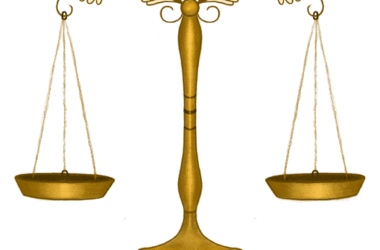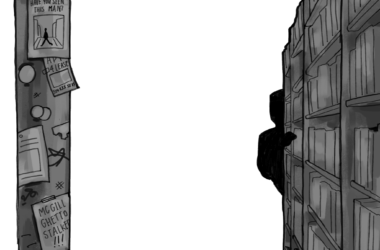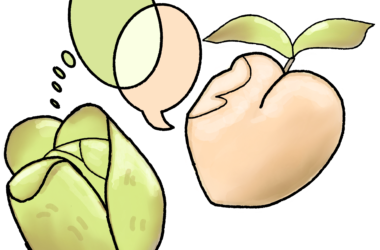Most students wouldn’t mind taking a day off from school, a la Ferris Bueller, but beating the system in university requires more complex tactics than those used by the quintissential high school slacker. For some undergraduates, a medical note is academic paydirt; a device through which they score extensions on – or even exemptions from – completing assignments, exams and other academic responsibilities. A surprisingly high number of students at McGill admit openly to abusing this system to their own benefit, shrugging off the idea that it could be at the expense of truly ill students, some of whom claim to feel marginalized by the growing group of “fakers'”clogging up the clinics.
A cheating culture“The system is all about grade and number values – and that does not strictly apply to university,” asserts a U2 Arts student (who has asked for his name and major to remain anonymous), suggesting that greater society does not foster ethical behaviour, making cheating a necessity for survival in the North American economic climate. “No one cares how you do it, just that you do it well. If getting an extension is the way to get the best grade, then you know what, so be it. I’m not saying it is something I do… but if I needed to, I guess, I wouldn’t be against it or anything.”
Some students even offer advice from their personal medical note successes. “Don’t eat the evening and morning before you go into the clinic,” advises a U1 History student. “Use the words ‘vomit’ and ‘nausea,’ and speak as little as possible. The less words you use, the more believable you are,” she continues and laughs. “Sick people don’t want to speak, they want to sleep!”
Hardy, har, har…Other students, however, worry about the level of sobriety with which their peers regard this “habitual and growing” problem across faculties. “It happens all the time. It’s a joke,” says a bitter Shaamini Yogaretnam, U2 Political Science. “According to some of my friends, the slightest cough, runny nose or even perfectly timed frown results in a signature on a paper that gets you out of something you should’ve been prepared for!”
Jennie Sardo, U2 English, agrees. “This is university, not high school. You pay to be here. If you don’t want to do the work, well, no one is making you stay here. Other people would kill for this opportunity.”
Others argue that the excess of students in the McGill Health Services center during exams is not the fault of slacker students who want to skip out on studying, but rather, a number that is representative of the time of year. “Stress can lead to illness. The less sleep you’ve had, the more prone you are to catch something. I honestly think that more people are sick during exam season; not because of fakers, but because no one is taking care of themselves,” a U3 Science student argues. “I don’t know many people who would be willing to brave hours in line at that center, anyway, unless they really did need to see a doctor!”
Get out of jail free?Director of Student Health Services Dr. Pierre-Paul Tellier offers some insight into the process behind this so-called problem at McGill. “It’s important to understand that the notes that we give [at Student Health Services] do not tell a professor or dean that they should excuse a student from an exam,” he explains. “What it does do is essentially outline what the problem is and what the possible impact is on the abilities for the students to study.” This means that a medical note does not, in fact, guarantee an excuse from assignments or exams, contrary to what many students are led to believe. It is the academic offices that assess the seriousness of the case in relation to the assignment, not the doctors. “It’s all very unique to each faculty,” Tellier adds.
He maintains that the academic deans are “quite fair” and suggests that McGill does, in fact, have a very good handle on the situation. “Frequently, people are actually ill and that is a reason for them not to write an exam. Other people are not physically ill, but extremely anxious, for example, or maybe drank too much coffee during the night and are in no shape to write the exam. Things of this nature do sometimes occur. But, again, we simply document that information, and it is up to the faculty what they can do.”
While it is not the responsibility of the doctors and nurses on staff to assess the seriousness of the illness – be it mental or physical – in relation to the student’s academic abilities, Tellier maintains that feeling stressed out “is not an excuse. We will write that on the note, but an academic dean will probably say ‘sorry.’ Stress is part of writing the exam, part of the process. . . Unless it is something ongoing, or it is a pathological mental health disorder that causes anxiety on an ongoing basis.”
Breaking the habitOne U1 Cultural Studies student and over-zealous cheater has admitted to faking illness to get out of completing over 20 assignments and exams in the past two years. This medical note maharaja shares these words of council to those who find themselves following a similar path: “You know, you may feel like you gain a victory every time you pull one over on the nurses, but in the end, it will bite you in the ass… trust me.”








